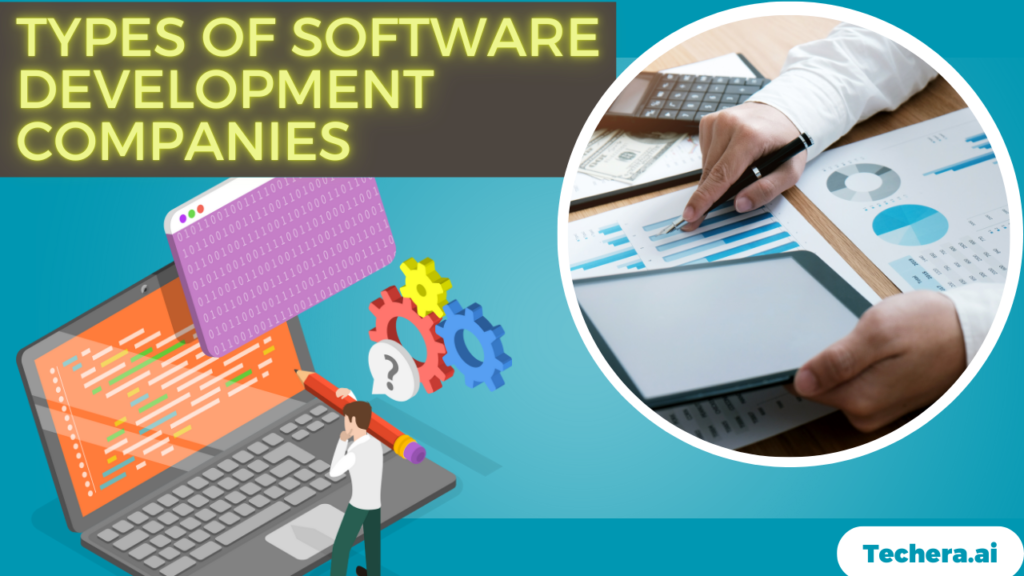
The Ultimate Guide to Selecting a Software Development Company offers a comprehensive overview of the key factors to consider when choosing the right development partner. This guide covers critical aspects such as evaluating expertise, checking client reviews, assessing communication skills, and understanding pricing models. It ensures you make an informed decision tailored to your business needs. Perfect for anyone searching for tips on Selecting a Software Development Company.
Introduction
For any organization, selecting the best software development company is essential. It can make or break the success of your project, directly impacting efficiency, scalability, and long-term growth. With countless companies offering services, how do you decide which one is the best fit? This resource takes you step-by-step through the procedure.
Understanding Your Business Needs
Before diving into the search, take time to analyze your business requirements. Are you seeking a long-term collaboration or a one-time project solution? Define your objectives, set a budget, and consider the return on investment (ROI) you expect. Knowing exactly what you need can help the selecting process go much more smoothly.
Types of Software Development Companies

Software development companies come in various forms:
- Full-Service Companies: Offer end-to-end solutions, from design to deployment.
- Niche-Specific Companies: Specialize in specific industries or technologies.
- Offshore vs. Onshore: Offshore companies may offer cost savings, while onshore ones provide better cultural and time-zone alignment.
Also Read : Why Partner with a Specialized Software Development Company?
Key Factors to Consider
Technical Expertise
The right company should be proficient in the technologies you need, whether it’s web development, mobile apps, or enterprise solutions. Look for certifications and their ability to work with modern tech stacks.
Industry Experience
Review case studies and portfolios to assess if they’ve successfully handled projects similar to yours. Companies with experience in your industry understand challenges unique to your domain.
Team Dynamics
Ask about the team structure and ensure they have dedicated resources for your project. A well-organized team ensures efficiency and quality.
Evaluating Their Process
Development Methodologies
Does the company follow Agile, Scrum, or another approach? Understanding their methodology ensures you align with their workflow.
Project Management Tools
Good communication is key. Tools like Jira, Trello, or Slack help you track progress and stay updated.
Quality Assurance Practices
Testing and debugging protocols are vital. Make sure the company prioritizes QA to deliver a flawless product.
Communication and Collaboration
Language and cultural alignment can make a huge difference. Transparent communication, regular updates, and a flexible approach to conflict resolution are essential traits to look for in a partner.
Cost vs. Value
While cost is important, focusing solely on the price can be risky. Look for value-added services, like long-term support, and ensure there are no hidden costs.
Verifying Credibility
Check online reviews, testimonials, and references. Awards and recognitions can also give you a sense of their reputation in the industry.
Contract and Legal Considerations
Always review intellectual property rights, NDAs, and termination clauses. A strong contract guarantees the protection of both parties.
The Role of Technology Trends

A forward-thinking company stays updated with emerging trends like AI, IoT, and blockchain. Leveraging these innovations can give your project a competitive edge.
Benefits of Partnering with a Specialized Software Development Company
Specialized companies offer tailored solutions and industry-specific insights. They also provide long-term scalability and support, ensuring your investment pays off over time.
Common Mistakes to Avoid
Avoid these pitfalls:
- Ignoring cultural and time-zone differences.
- Overlooking post-launch support and maintenance.
- Prioritizing cost over quality and reliability.
How to Start the Selection Process
Begin by drafting an RFP outlining your requirements. Shortlist potential companies and conduct thorough interviews to gauge their expertise and approach.
Final Decision-Making
Once you have all the facts you need, consider your options and follow what you feel. Select a business that meets your values and ambitions.
Conclusion
Selecting the right software development company takes time and effort but is well worth it. The right partner will not only deliver a successful project but also support your business growth in the long run.
Frequently Asked Questions
Q. How can I determine whether a software development company is the best choice for me?
A. Evaluate their experience, technical expertise, and communication practices.
Q. How long does a software development project typically take?
A. Timelines vary depending on project complexity but typically range from 3-12 months.
Q. Should I go for an onshore or offshore company?
A. It depends on your priorities, such as cost savings vs. better communication alignment.
Q. What are the risks of working with a low-cost provider?
A. Risks include poor quality, missed deadlines, and lack of post-launch support.Q. How can I ensure my project stays on budget and schedule?
A. Set clear expectations, maintain regular communication, and monitor progress using project management tools.

